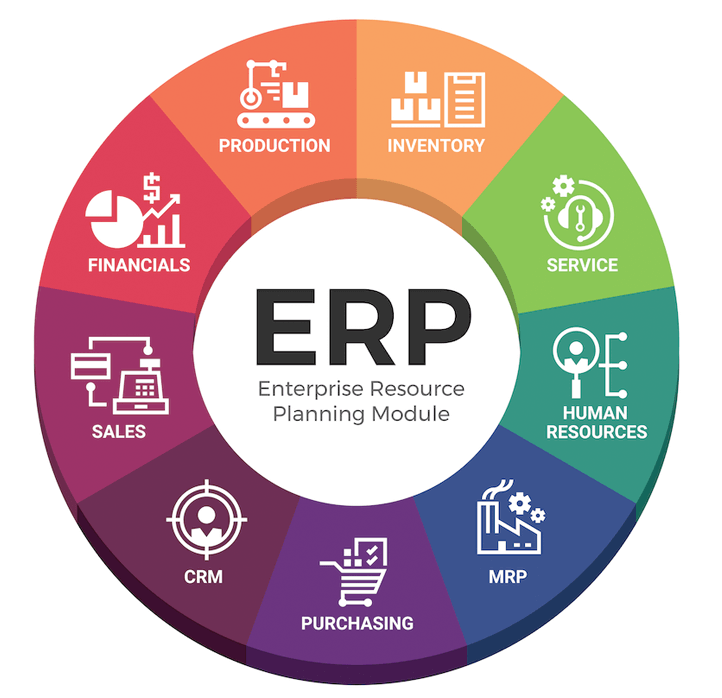Welcome to the world of NetSuite ERP, an integrated cloud-based system that’s transforming the way businesses operate. From streamlining processes to enhancing productivity, this comprehensive software suite offers a robust solution for managing finances, operations, and customer relationships seamlessly.
NetSuite ERP: Revolutionizing Business Operations

In today’s fast-paced business landscape, companies are constantly seeking efficient and comprehensive solutions to streamline their operations. NetSuite ERP emerges as a leading choice, revolutionizing the way businesses manage their processes, resources, and data.
Introduction to NetSuite ERP
What is NetSuite ERP? NetSuite ERP stands as a cloud-based Enterprise Resource Planning system that integrates various functions within an organization, including financial management, customer relationship management (CRM), e-commerce, and more.
Importance of ERP in Business ERP systems like NetSuite play a pivotal role in enhancing productivity, reducing manual efforts, and ensuring data accuracy. They provide a centralized platform for managing diverse business functions.
Key Features of NetSuite ERP
Cloud-based Functionality One of NetSuite’s standout features is its cloud-based infrastructure, allowing real-time access to data from anywhere, anytime. This feature fosters collaboration and agility within organizations.
Integration Capabilities NetSuite’s seamless integration capabilities enable smooth coordination between different departments, ensuring data consistency across the entire business ecosystem.
Financial Management Tools From accounting to financial planning, NetSuite offers a comprehensive suite of tools to manage financial operations efficiently.
CRM and Sales Functionalities NetSuite’s CRM tools empower businesses to nurture customer relationships effectively, driving sales and improving customer satisfaction.
Benefits of NetSuite ERP
Improved Efficiency and Productivity By automating tasks and providing real-time insights, NetSuite boosts operational efficiency, allowing employees to focus on strategic tasks.
Enhanced Decision-Making Access to accurate and timely data enables informed decision-making at various levels of the organization.
Scalability and Flexibility NetSuite grows with your business, offering scalable solutions that adapt to evolving needs and industry changes.
Cost-effectiveness Despite its robust features, NetSuite’s pricing models are structured to offer value for businesses of all sizes.
Implementation Process of NetSuite ERP
Implementing NetSuite involves a strategic process, starting with assessing business needs, planning, customization, training, deployment, and continuous support and updates.
Industry-specific Applications
NetSuite’s versatility extends to various industries, including manufacturing, retail, and services, catering to specific needs and challenges.
Challenges and Solutions
While implementing NetSuite ERP might pose challenges, addressing customization needs and integration complexities can be effectively managed through expert guidance and support.
NetSuite ERP vs. Competitors
Comparing NetSuite with other ERP systems reveals its unique strengths and advantages, making it a top choice for businesses.
Case Studies
Real-life success stories showcase the practical applications and benefits of NetSuite ERP in diverse business scenarios.
Future Trends in NetSuite ERP
The future of NetSuite lies in AI, machine learning, IoT integration, and predictive analytics, promising more advanced functionalities and insights.
Conclusion
NetSuite ERP stands as a transformative solution that empowers businesses to thrive in a dynamic market. Its comprehensive features, scalability, and adaptability make it an invaluable asset for modern organizations.
FAQs
- Is NetSuite ERP suitable for small businesses?
- How long does it take to implement NetSuite ERP?
- Can NetSuite ERP be customized to fit unique business needs?
- What kind of support does NetSuite offer post-implementation?
- What are the security measures in place to protect data in NetSuite ERP?